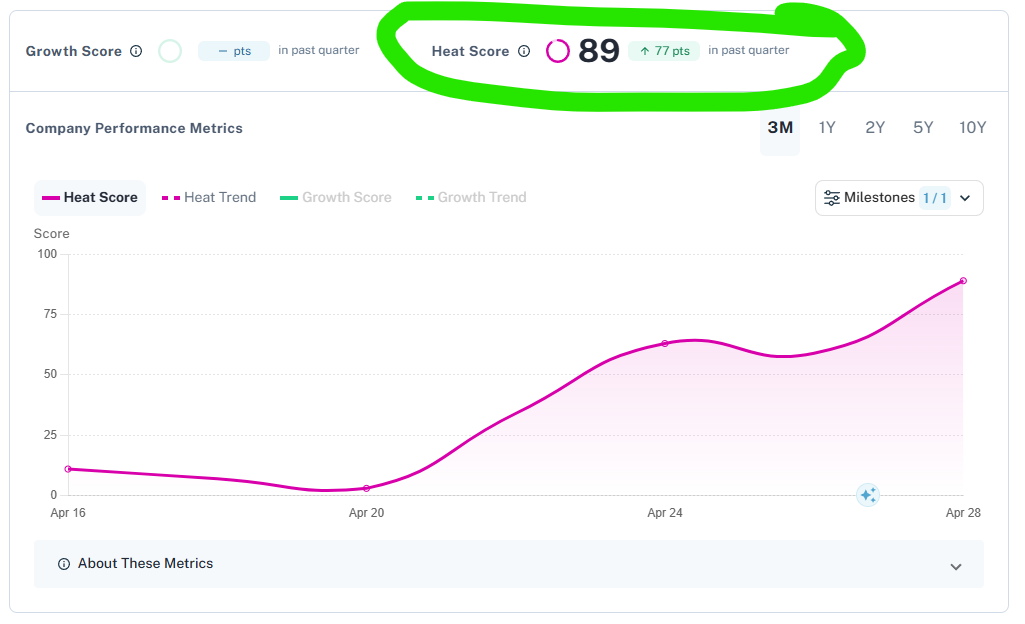In today’s interconnected world, expanding your business globally is more achievable than ever. However, success in international markets hinges on understanding and catering to the unique needs and preferences of each local audience. This is where content localization and strategic keyword research come into play. For global SEO teams striving for scalable success, mastering keyword research in different languages and regions is paramount. This article delves into advanced strategies for identifying high-potential, low-competition keywords in diverse markets, ultimately enabling you to build a comprehensive keyword map for truly localized content that resonates and ranks.
The Foundation: Understanding Global SEO Keyword Research
Global SEO keyword research goes far beyond simply translating your existing keywords into different languages. It requires a deep understanding of local search behavior, cultural nuances, and competitive landscapes. It’s about finding the terms your target audience actually uses when searching for products, services, or information in their native language and within their specific cultural context.
Why Localized Keyword Research Matters
Ignoring localized keyword research can lead to several pitfalls, including:
- Poor Rankings: Using generic or translated keywords that don’t match local search queries.
- Missed Opportunities: Overlooking high-potential, low-competition keywords specific to the local market.
- Irrelevant Traffic: Attracting visitors who aren’t genuinely interested in your offerings.
- Wasted Resources: Investing in content that doesn’t resonate with the target audience.
Advanced Keyword Research Strategies for Global SEO
Here are some advanced strategies to help you uncover those untapped opportunities in local markets:
1. Leveraging Local Search Engines
While Google dominates many markets, other search engines hold significant market share in specific regions. For example, Baidu in China, Yandex in Russia, and Naver in South Korea. Using these local search engines directly allows you to:
- Discover Region-Specific Keywords: Explore auto-suggest features, related searches, and “People Also Ask” sections to uncover popular queries within that region.
- Analyze Local SERP Features: Identify the types of content that rank well (e.g., videos, local business listings, forum posts) and tailor your content strategy accordingly.
- Uncover Local Trends: Understand trending topics and news within the region that might be relevant to your business.
2. Competitive Analysis: Thinking Globally, Acting Locally
Analyzing your competitors in each local market is crucial. However, don’t just focus on global giants. Identify local players who are already ranking well. Here’s what to look for:
- Top-Ranking Keywords: Use keyword research tools (both global and local) to identify the keywords that your competitors are ranking for in that specific region.
- Content Strategy: Analyze their content to understand the topics they cover, the tone they use, and the format they employ.
- Backlink Profile: Identify the websites that are linking to your competitors, as these could be potential link-building opportunities for you.
3. Understanding Cultural Nuances and Intent
Keywords are more than just words; they represent search intent. Cultural nuances can significantly impact how people search for information. Consider these factors:
- Language Variations: Different regions may use different dialects or variations of the same language (e.g., American vs. British English, Castilian vs. Latin American Spanish).
- Cultural Context: Words and phrases can have different meanings or connotations depending on the cultural context.
- Local Slang and Idioms: Incorporating relevant slang and idioms (where appropriate) can make your content more engaging and relatable.
- Seasonal Trends: Recognize local holidays and events that drive search traffic.
4. Using Multilingual Keyword Research Tools
Several keyword research tools are designed to support multilingual keyword research. These tools can help you:
- Translate Keywords: Translate your seed keywords into different languages and identify relevant variations.
- Generate Keyword Ideas: Discover new keyword ideas based on your translated seed keywords.
- Analyze Keyword Difficulty: Assess the competition for different keywords in different languages.
- Track Keyword Rankings: Monitor your keyword rankings in different search engines and regions.
Examples of tools include Ahrefs, SEMrush, Moz, and specialized tools like Yandex.Wordstat for the Russian market or Baidu Keyword Planner for the Chinese market.
5. Gathering Insights from Local Experts and Native Speakers
One of the most effective ways to ensure the accuracy and relevance of your keyword research is to collaborate with local experts and native speakers. They can provide valuable insights into:
- Local Search Behavior: How people actually search for information in their native language.
- Cultural Nuances: The subtle differences in language and meaning that can impact your content.
- Trending Topics: The issues and events that are currently relevant to the local audience.
Building a Comprehensive Keyword Map for Localized Content
Once you’ve gathered your keyword research, the next step is to create a comprehensive keyword map. This map will guide your content creation process and ensure that you’re targeting the right keywords on the right pages.
Your keyword map should include:
- Target Keyword: The primary keyword you want to rank for on each page.
- Secondary Keywords: Related keywords that you can incorporate into your content.
- Page URL: The URL of the page where you’ll be targeting the keywords.
- Search Intent: The user’s intent when searching for the keyword (e.g., informational, navigational, transactional).
- Language and Region: The language and region that the keyword is targeting.
Conclusion
Keyword research for global SEO is an ongoing process that requires a combination of data analysis, cultural understanding, and collaboration. By leveraging local search engines, analyzing competitors, understanding cultural nuances, and using multilingual keyword research tools, you can uncover untapped opportunities and build a comprehensive keyword map that will drive organic traffic to your localized content. Remember, the key to success is to think globally, act locally, and always prioritize the needs and preferences of your target audience in each market. Invest the time and resources into thorough localized keyword research, and you’ll be well on your way to achieving sustainable growth in the global marketplace.




Leave a Reply